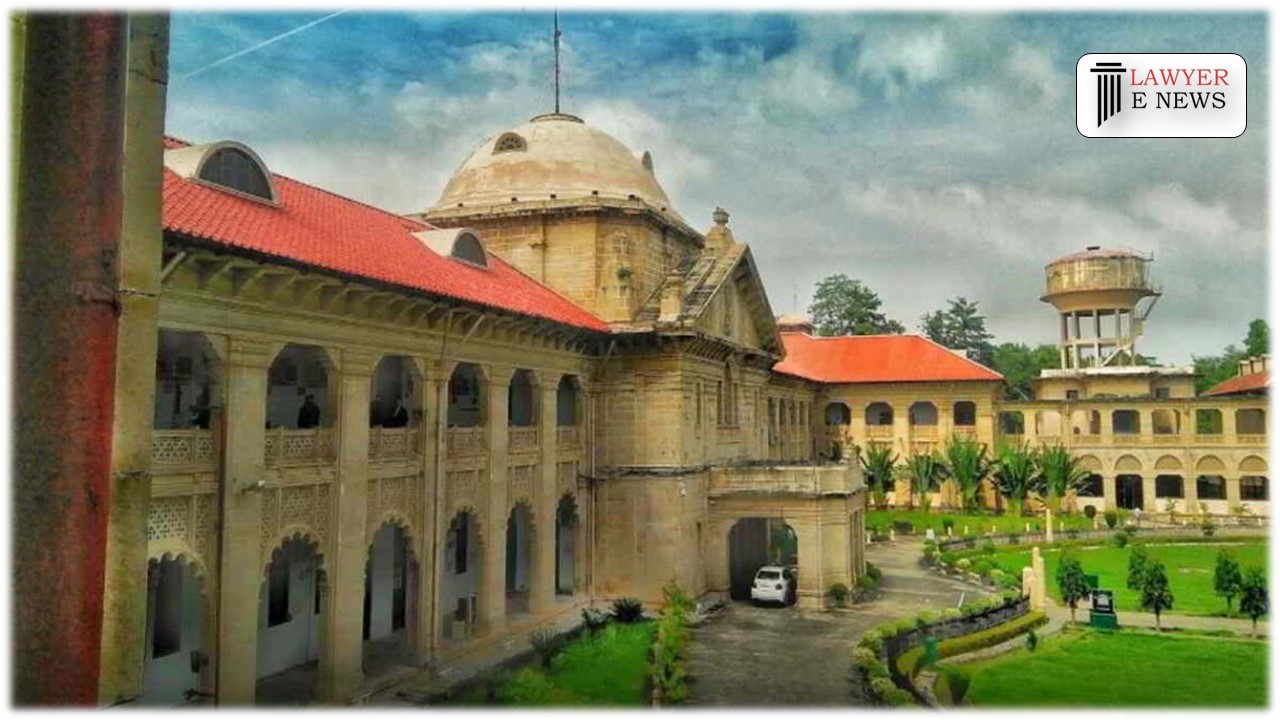-
by Admin
17 February 2026 2:34 PM



In a significant judgment today, the Allahabad High Court addressed issues surrounding maintenance under Section 125 of the Criminal Procedure Code (Cr.P.C.), focusing on preventing vagrancy and ensuring financial support for wives and children who are unable to maintain themselves.
The revision petition arose from a dispute over maintenance initially awarded by the Family Court, Kanpur, which granted Rs. 5,000 per month to the wife and Rs. 3,000 per month to the daughter. The revisionists challenged the adequacy of the maintenance, citing the husband’s substantial income from his pharmaceutical business and other assets, including agricultural land.
The High Court meticulously reviewed the husband’s financial status, scrutinizing company revenues, profit shares, and his significant role as a director and major shareholder. Contrary to the claims of financial incapacity by the husband, the court noted a considerable income inconsistency with his declared earnings. The judgment referenced several Supreme Court rulings emphasizing the underlying purpose of Section 125 Cr.P.C.—to provide swift and necessary relief to prevent destitution among wives and children.
Income Review: The Court estimated the husband’s annual income at approximately Rs. 7,50,000 based on the profits and overall financial health of his company.
Maintenance Justification: Drawing on legal precedents, the Court highlighted that the capacity to earn is distinct from actual earnings and that maintenance should reflect realistic and current financial capabilities.
Educational Expenses: Special consideration was given to the daughter’s educational expenses, reinforcing the need for adequate support to ensure her continued education without disruption.
Concluding its findings, the High Court significantly increased the maintenance payments. The wife’s maintenance was set at Rs. 18,500 per month, and the daughter’s at Rs. 10,000 per month, effective from the date of the original maintenance application. The revised total monthly maintenance amount was ordered at Rs. 28,500. The judgment also specified a schedule for arrears and regular monthly payments, ensuring timely financial support.
Date of Decision: April 10, 2024
Smt. Aparna Kushwaha And Another vs. State of U.P. and Another
